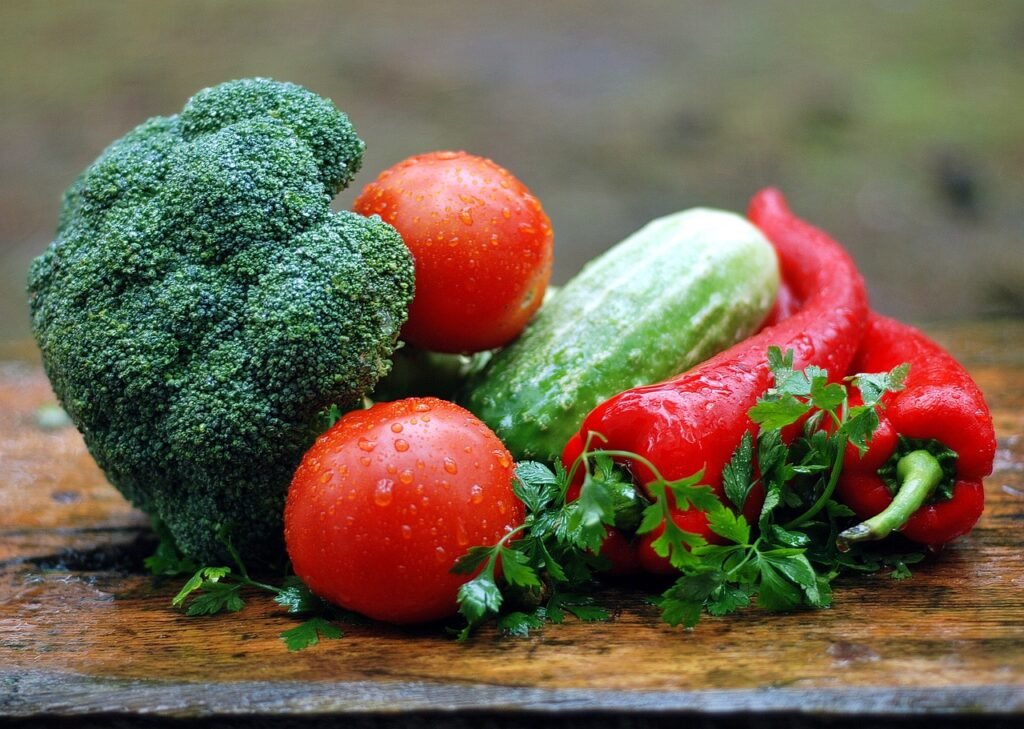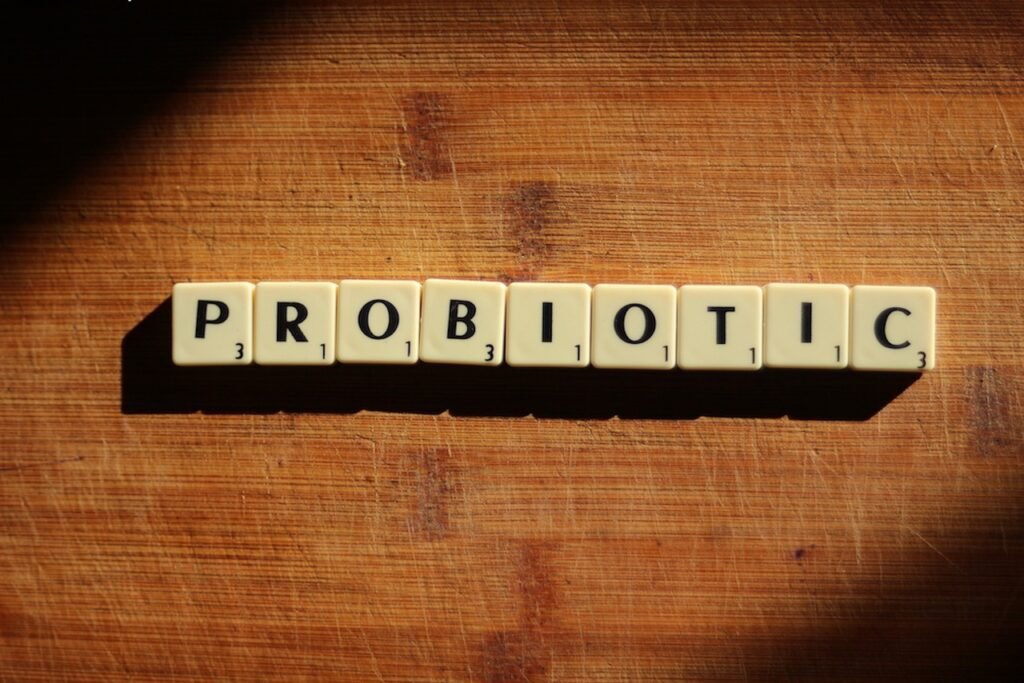

Our gut, also known as the digestive tract, is not merely a food processing unit of our body. It plays a critical role in our overall health and well-being. To optimise our gut health, we need to focus on what we put on our plate. 🥗🍜
This post will discuss the importance of gut health, how to identify issues with gut health, and how to improve it through diet, including foods to avoid and supplements that can help.
Have a look at No Sugar Diet Guide and 7 Days Diet List
Understanding the Importance of Gut Health
The health of our gut significantly affects more than just our digestive system. It’s a key player in our immune response, mental well-being, skin health, and even our risk of developing chronic illnesses.
The gut is home to an astonishing number of bacteria, all working together as a team known as the gut microbiota. These helpful bacteria assist in breaking down our food, absorbing nutrients, and warding off harmful pathogens.
However, when the balance of this bacteria community is thrown off, a condition known as dysbiosis, we can experience a variety of health problems, including irritable bowel syndrome (IBS), obesity, and even mental health disorders.
Identifying Signs of Poor Gut Health
How can you tell if your gut isn’t feeling its best? There are several tell-tale signs that your gut health might be off balance.
Frequent bloating, constipation, diarrhoea, and heartburn are common indicators. More unusual, but still relevant, signs include unexpected weight fluctuations, skin issues, changes in mood, or disturbances in your sleep pattern.
If you’re regularly battling with any of these issues, it could be a sign that your gut needs a bit of attention. Remember, it’s always wise to seek advice from a healthcare professional if you’re concerned about your symptoms.
Improving Your Gut Health through Diet


Fancy a gut makeover? Look no further than your diet! 🍉🥦🥕
Feeding your gut with diverse, fibre-packed foods such as fruits, veggies, whole grains and legumes can encourage the growth of your gut’s beneficial bacteria.
Become friends with probiotic foods like yoghurt, kefir, sauerkraut and kimchi, which are loaded with live bacteria that can rejuvenate your gut microbiota.
Don’t forget to include Omega-3 fatty acids, found in fish like salmon and sardines, as they can help soothe inflammation in your gut. Have a look at The Power of Vegan Omega-3 Sources.
So, get creative with your meals and embrace a gut-friendly diet for a happier and healthier you!
Foods to Avoid for Optimal Gut Health
Just as there are heroes in the story of gut health, there are also villains!
Certain foods, if eaten too often, can play havoc with your gut’s bacterial balance. Be wary of overly processed foods, as they’re often packed with sugars and unhealthy fats that can contribute to dysbiosis.
Artificial sweeteners, despite their ‘healthy’ image, might also be on the gut bacteria’s most-wanted list, as some research indicates they can inhibit the growth of our friendly bacteria. Plus, excess alcohol and caffeine can stir up trouble by irritating the gut lining.
Remember, moderation is key when it comes to these gut health offenders!
Have a look at No Sugar Diet Guide and 7 Days Diet List


Probiotics and Gut Health Supplements
Adding a cherry on top of a well-balanced diet, supplements can offer an additional lift to your gut health.
Probiotics, housing live bacteria, act like a tonic to refresh your gut health, particularly post an antibiotics course. Then there’s prebiotics – these serve up a hearty meal for your beneficial gut bacteria, promoting their growth.
But don’t rush to your nearest chemist just yet! It’s important to get advice from a healthcare expert before you kick-start any new supplement routine. So, ready to give your gut a leg up? Let’s begin the journey to improved gut health!
Putting It All Together: A Gut-Healthy Diet Plan
A vibrant and gut-friendly eating plan doesn’t mean giving up on taste or variety. Here’s a sample menu to get you started: 🥝
Breakfast could be a hearty bowl of porridge topped with fresh berries and a dollop of natural yoghurt – a perfect mix of whole grains, fibre and probiotics.
For lunch, consider a crunchy salad packed with colourful vegetables, chickpeas and a serving of salmon for that Omega-3 boost.
Need a snack? Grab an apple or a handful of nuts.
Dinner could be a wholesome lentil curry with brown rice, combining plant-based protein and whole grains.
And if you’re feeling a bit peckish before bedtime, why not have a small portion of sauerkraut or a mug of kefir?
Remember, variety is the spice of gut health. Get adventurous with your meal planning, and your gut will thank you for it! 💛
Suggested: 13 Easy and Delicious Air Fryer Recipes
What Is Intermittent Fasting: A Simple Guide
